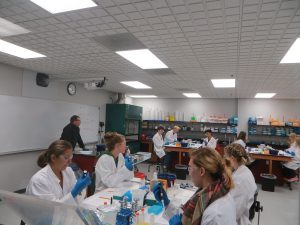During the week of March 26, 2018, while many students were having fun and relaxing during Spring Break, others were busy doing extra lab work at the BTC Institute. This four-day workshop was designed to provide an introduction to the molecular biology laboratory for students affiliated with the Center for Educational Opportunity (CeO) on the UW-Madison campus. As noted on its website: “CeO promotes access to resources, academic achievement and personal growth for students whose parents have not received a four-year degree, students who meet specific federal family income guidelines, and students with documented disabilities.”
It is well known that first-generation college students, women and students of color persist in STEM fields at lower rates than the general population. This interferes with the creation of a diverse STEM talent pool, in turn needed to ensure diverse problem-solving perspectives.
Further, STEM fields are often seen as being stressful, given their competitive learning environments. This may be especially discouraging for students from racial/ethnic minorities who may not have as many mentors and role models to turn to.
This workshop aimed to give students an experience that would strengthen their skills and confidence as they continue to pursue scientific paths. In addition to laboratory work, students discussed the importance of clear communication in written and oral presentations, were required to work as partners to experience teamwork, and were encouraged to use reflection and lab reporting as ways to internalize what they learned throughout the week.
Continue reading “Introduction to the Laboratory: A New Workshop in Partnership with the UW-Madison Center for Educational Opportunity”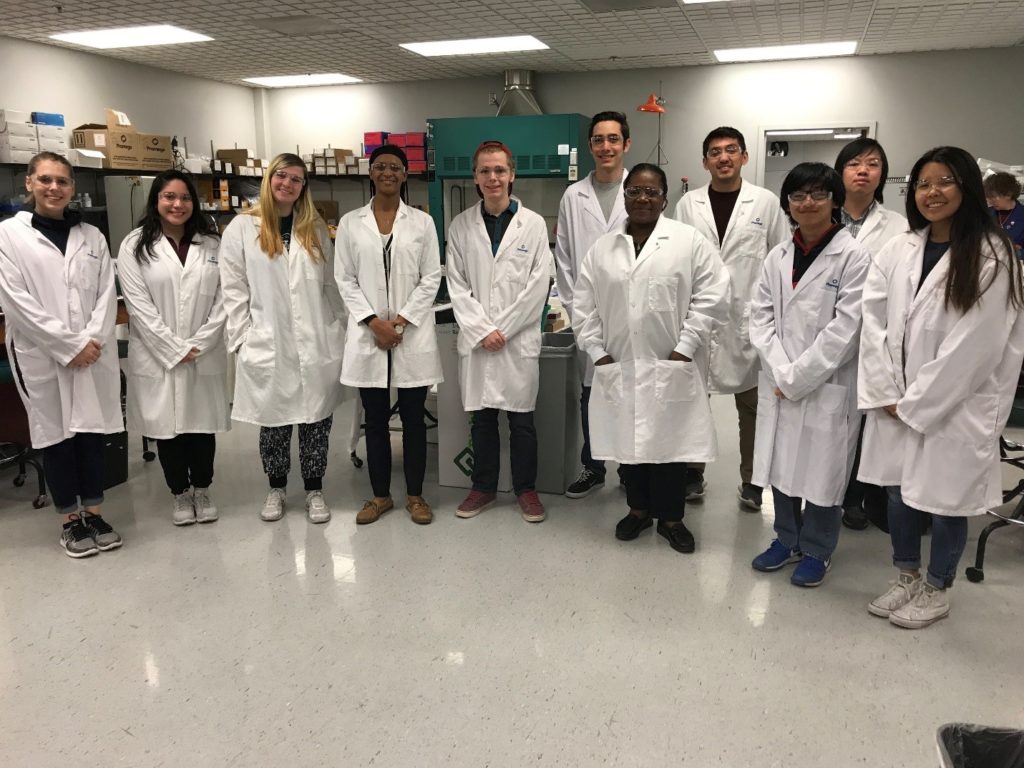
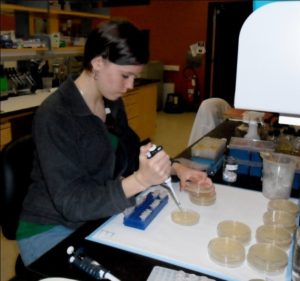

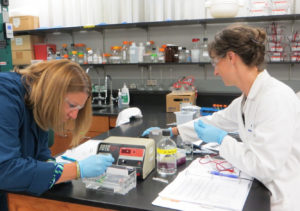
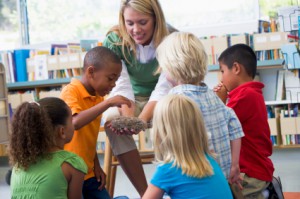
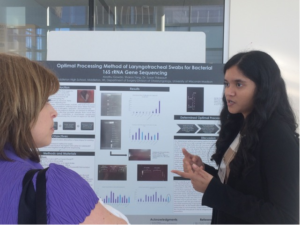
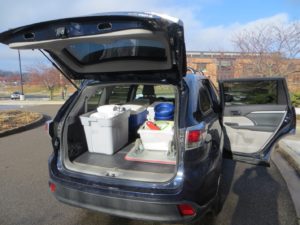
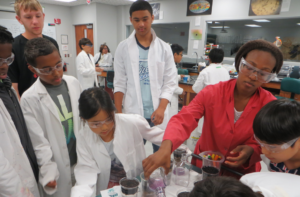 This motivational quote has echoed throughout my life from childhood. It has inspired me to be fearless in dreaming, to be ambitious and to reach for those goals without fearing failure. So, naturally at the ripe age of 10, my goal was to become a scientist and discover a cure to both AIDS and cancer with a secondary plan of becoming this nation’s first female President. However, as I grew older, I realized my genuine interest and excitement for science and that I enjoyed not only learning about various scientific concepts but also sharing this information with others. Therefore, I completed a Bachelor’s of Science degree with a major in Molecular Biology and minor in Chemistry and decided to continue my studies as a graduate student at UW-Madison in the Cancer Biology graduate program. My goal was to graduate and aid in disseminating scientific knowledge.
This motivational quote has echoed throughout my life from childhood. It has inspired me to be fearless in dreaming, to be ambitious and to reach for those goals without fearing failure. So, naturally at the ripe age of 10, my goal was to become a scientist and discover a cure to both AIDS and cancer with a secondary plan of becoming this nation’s first female President. However, as I grew older, I realized my genuine interest and excitement for science and that I enjoyed not only learning about various scientific concepts but also sharing this information with others. Therefore, I completed a Bachelor’s of Science degree with a major in Molecular Biology and minor in Chemistry and decided to continue my studies as a graduate student at UW-Madison in the Cancer Biology graduate program. My goal was to graduate and aid in disseminating scientific knowledge.